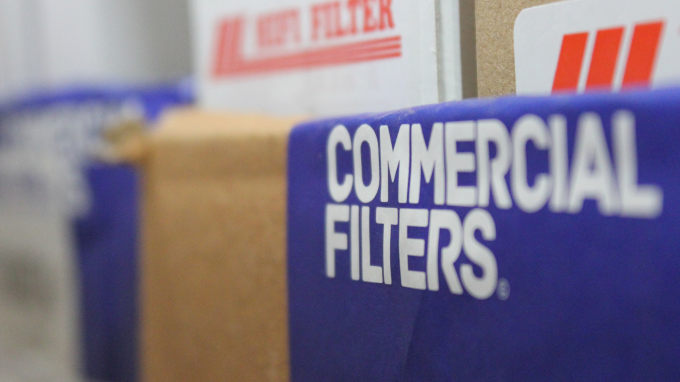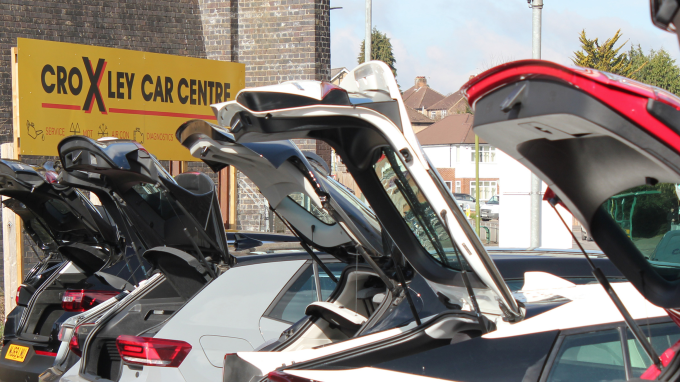Get all-year insight from Black Friday
Find out how Black Friday insights could help you all-year round.

Insights, tips and news to help support your business
Find out how Black Friday insights could help you all-year round.


Learn how this professional services company turned to Tyl for savings

Get up to speed all things to do with chargebacks

Hear how Croxley Car Centre switched to Tyl by NatWest.

Find out how PCI compliance works and keep your customers’ data secure

Find out how inventory management could help your business.

Find out whether your business is scalable with this helpful guide.

Integrity Energy grows with Tyl and FSB - a customer story

Does your business take tips? There’s change afoot - find out more.

Find out how tokenisation works in our guide.
If you fancy getting a bit more bang for your buck, get a no-obligation quote from us and see if you could save on your current rates.
Our FAQs provide some useful tips and how-to videos to help you with your account and card machines.
Give us a call or chat to us online. We’re open Monday to Saturday
8am to midnight and Sunday 9am to 5pm (bank holidays may vary).